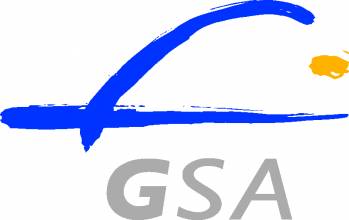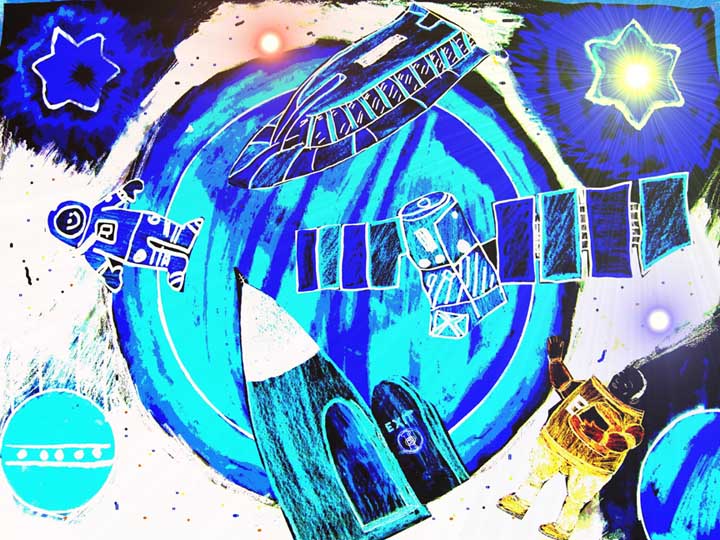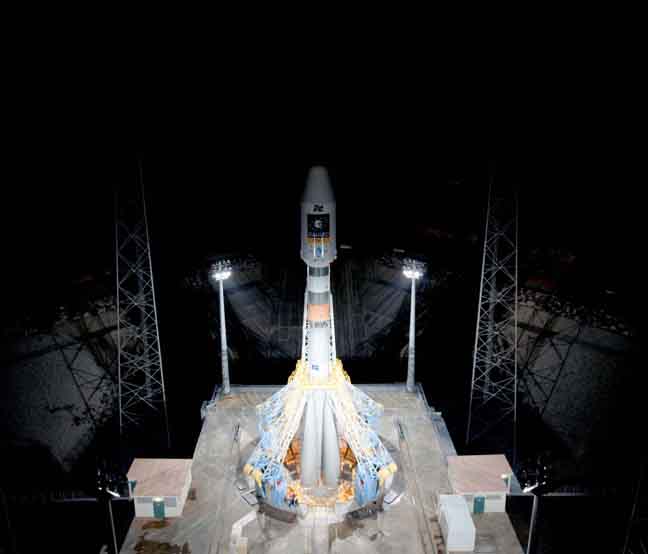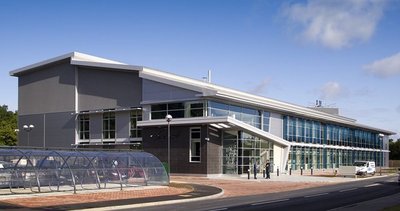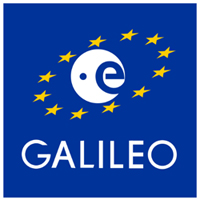
Eleven contenders have been selected to build elements of the Galileo system — the so-called fully operational capability (FOC) infrastructure.
In a September 19 announcement, the European Commission (EC) and the European Space Agency (ESA) said they had chosen the candidates out of 21 applicants in the initial phase of the procurement procedure.
Following an invitation issued July 1, interested parties submitted a “Request to participate.” Candidates were short-listed on the basis of pre-defined selection and exclusion criteria.
Eleven contenders have been selected to build elements of the Galileo system — the so-called fully operational capability (FOC) infrastructure.
In a September 19 announcement, the European Commission (EC) and the European Space Agency (ESA) said they had chosen the candidates out of 21 applicants in the initial phase of the procurement procedure.
Following an invitation issued July 1, interested parties submitted a “Request to participate.” Candidates were short-listed on the basis of pre-defined selection and exclusion criteria.
Candidates were named in six separate working areas or “work packages”: System Support, ThalesAleniaSpace, Italy, and Logica (Netherlands); Ground Mission System, ThalesAleniaSpace (France) and Logica (United Kingdom); Ground Control System, Astrium (UK) and G-Nav grouping represented by Lockheed Martin IS&S (United Kingdom); Space Segment (Satellites), Astrium (Germany) and OHB System (Germany); Launch Services, Arianespace (France); Operations, Nav-up grouping represented by Inmarsat (UK), and DLR (German Aerospace Center) and Telespazio (Italy).
EU officials say the next step of the procurement procedure — a dialog phase — will take place over the next 15 to 30 weeks. ESA will manage the process as the delegated procurement agent, in close coordination with the EC as contracting authority.
As the first step, candidates will be required to deliver a first iteration of their proposal in relation to the work package(s) for which they will bid. The initial dialog meetings will proceed on the basis of the contents of these preliminary proposals.
After those discussions, ESA will provide to candidates a detailed set of documents, including technical management and contractual requirements, in response to which the companies will submit “refined proposals” with updated tender documentation and more precise information.
At a certain point, ESA will close the dialog phase for a given work package and invite the candidates to submit their “best and final offers,” with a final selection, award, and signature following within eight weeks, according to the nominal timeline established by the EC and ESA.
If the European agencies can stick to their schedule, that would place the final award of the FOC contracts sometime between early March and late May 2009. However, the nominal contracting timeline had called for a seven-week selection phase to choose the short list of companies, but ran nearly a month late.
Under the current schedule for the public acquisition of Galileo’s ground and space infrastructure, four in-orbit validation (IOV) spacecraft will be launched beginning in 2010 with the full 30-satellite constellation in place by 2013.

